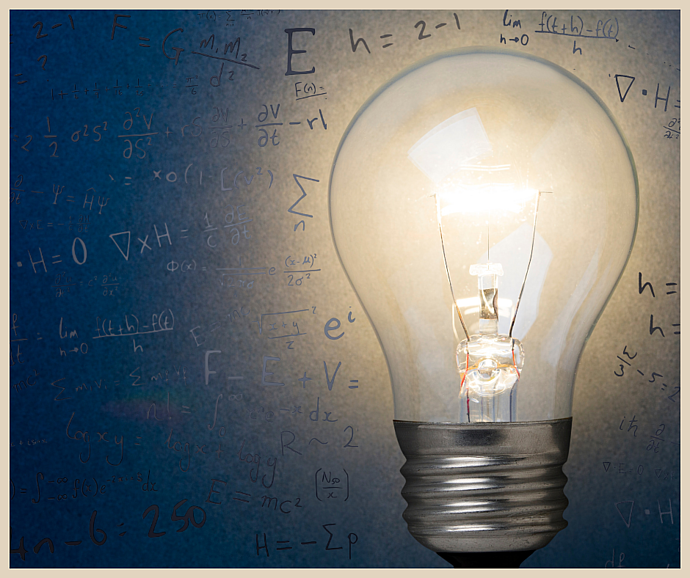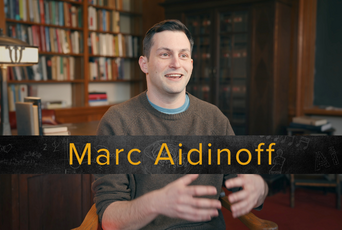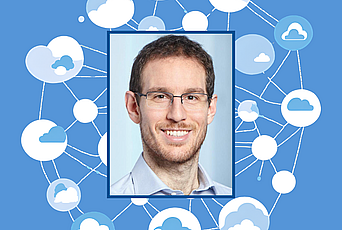
Can AI Quicken the Pace of Math Discovery?
Does artificial intelligence have a role to play in pure mathematics—the kind of math still worked out on blackboards over decades? The New York Times spoke to Members Patrick Shafto (2021–23) and Andrew Granville (1989–91, 2007, 2009–10) in the School of Mathematics about a new AI initiative asking precisely this question.
The project is called "Exponentiating Mathematics." Run by the Defense Advanced Research Projects Agency (DARPA), where Shafto works as a program manager, the program will fund research into how AI might be implemented into pure math—and thereby accelerate the field’s comparatively "slow" progress.
Up until now, mathematics has been viewed as a particular weakness of large language models like ChatGPT. "Exponentiating Mathematics" and Shafto imagine a future in which math will teach us about artificial intelligence’s shortcomings while also benefiting mathematicians.
The New York Times also spoke to Alondra Nelson, a leading scholar of the social implications of technology and Harold F. Linder Professor in the School of Social Science at IAS. According to Nelson, the DARPA initiative may represent "a kind of virtuous cycle for understanding."
"By improving mathematics, we're also understanding how Al works," she said. She also envisioned engagements between mathematics and Al having application for critical fields like cryptography. Nelson recognized "legitimate" trepidation about artificial intelligence's incorporation into the world of academic math, noting that in fields where precision and reproducibility are paramount, "[t]he stakes are much higher."
Read the full article at The New York Times.


